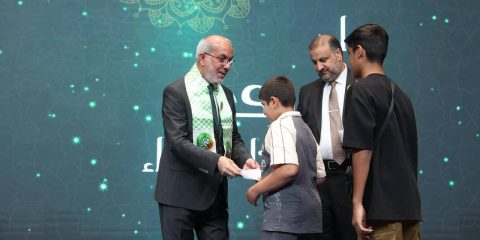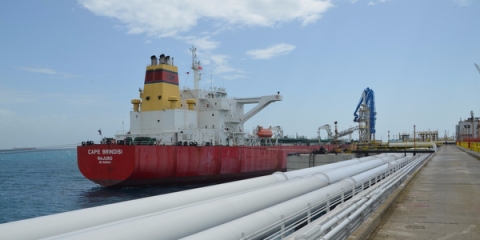Shia leaders in two countries struggle for control over Iraqi state
When Iraq's prime minister, Haider al-Abadi, failed again this week to replace his corrupt cabinet with a new breed of reformists, the impact reverberated far beyond Baghdad. A hundred miles south, in Najaf, ayatollah Ali Sistani seethed with anger. The 86-year-old cleric, the most revered figure among Iraq’s majority Shia sect, has staked his name on […]Martin Chulov writes for The Guardian:
When Iraq's prime minister, Haider al-Abadi, failed again this week to replace his corrupt cabinet with a new breed of reformists, the impact reverberated far beyond Baghdad.
A hundred miles south, in Najaf, ayatollah Ali Sistani seethed with anger. The 86-year-old cleric, the most revered figure among Iraq’s majority Shia sect, has staked his name on Abadi establishing some form of control over the country’s political class and the powerful presence of its neighbour Iran.
Across the border, in the Iranian shrine city of Qom, the failure was also noted, though not with the same concern. For more than 13 years, Iran has been an essential stakeholder in Baghdad. But in the past three years in particular, it has had more role shaping political outcomes than many of Iraq’s most influential players.





